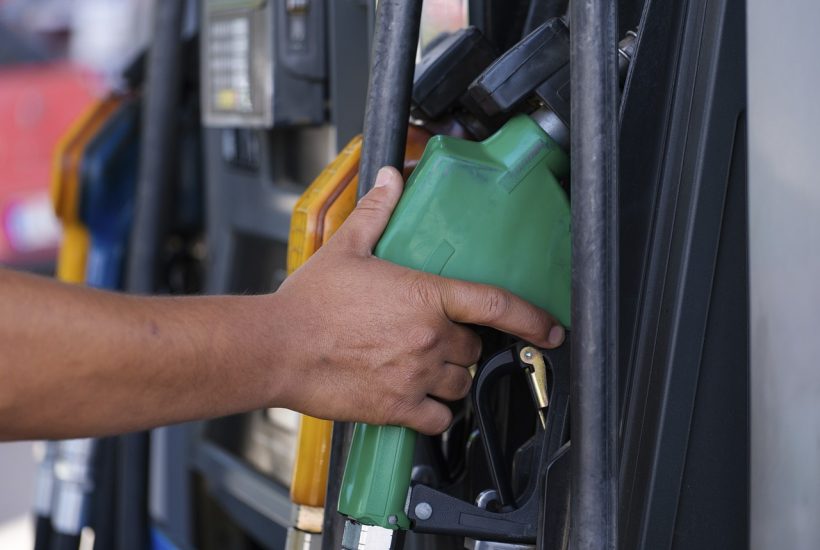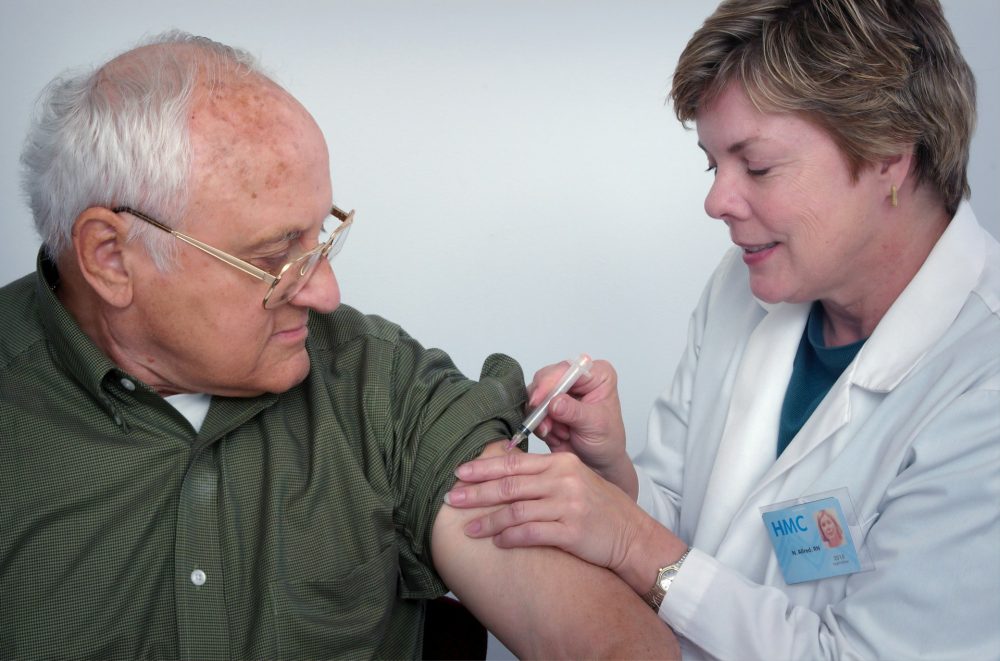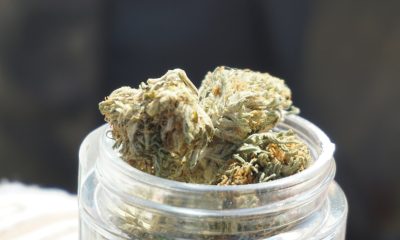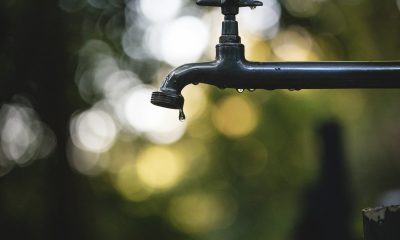Africa
Upward Readjustment of Fuel Prices in Cameroon
This price adjustment comes a week after the end of an International Monetary Fund (IMF) mission to Cameroon as part of the third review of the second economic and financial program supported by the Extended Credit Facility (ECF) and the Extended Fund Facility (EFF). The IMF has had to revise its copy, finally recommending to the Cameroonian authorities a range of proposals in case of maintaining subsidies.

The increase in fuel prices is effective from February 1st, 2023, in Cameroon in accordance with a government decision published the day before. An increase that was almost expected for some time by citizens in view of the “facts and gestures” cleverly distilled by the authorities due to a double conjunction of the difficult international economic environment and an unfavorable endogenous context.
Thus, the price of a liter of premium gasoline at the pump has risen from $1.04 (630 CFA francs) to $1.21 (730 CFA francs), an increase of $0.16 (100 CFA francs), which is equivalent to an increase of 15.8% in absolute value. For its part, the liter of diesel now costs $1.19 (720 CFA francs) against 575 $0.95 (CFA francs), an increase of $0.24 (145 CFA francs) which corresponds to an increase in the absolute value of 25.6%, while the liter of industrial oil is $0.97 (590.19 CFA francs), recording an increase of 36.5%.
However, the price of kerosene at the pump remains unchanged at $0.58 (350 CFA francs) per liter, and the price of domestic gas remains unchanged at $10.77 (6,500 CFA francs) for a 12-kilogram bottle and $5.80 (3,500 CFA francs) for a 6-kilogram bottle.
This price adjustment comes a week after the end of an International Monetary Fund (IMF) mission to Cameroon as part of the third review of the second economic and financial program supported by the Extended Credit Facility (ECF) and the Extended Fund Facility (EFF). The IMF, which until last year advocated an end to the abolition of fuel subsidies in the sense that they constitute “a brake on public investment”, has had to revise its copy, finally recommending to the Cameroonian authorities a range of proposals in case of maintaining subsidies.
Read more about the increase in fuel prices in Cameroon and find other important economic news from around the world with the born2Invest mobile app.
A less expensive bill
Obviously, the government, which fears an uncontrolled increase in the cost of living with the risk of a social implosion, has opted for “a less expensive bill”, since subsidies have been maintained at around 80% compared to the previous year.
In other words, if the state could no longer disburse $1.16 billion (700 billion CFA francs (1.1 billion CFA francs)) to subsidize petroleum products in 2022, the forecast to limit these subsidies to $579 milliob (350 billion CFA francs (1.1 billion CFA francs)) in accordance with the 2023 finance law should be largely exceeded. This suggests that subsidies related to petroleum products could reach $912 million (CFAF 550 billion) this year, which could contribute as much as possible to limiting galloping inflation, which stands at 4.8%, compared to 3%, the threshold tolerated in the CEMAC zone.
It is undoubtedly to mitigate the effects of the readjustment of fuel prices that the government has proposed an increase in the guaranteed interprofessional minimum wage (SMIG) to $69 (4,850 CFA francs), compared with $59 (36,000 CFA francs) in the past. This proposal for a 5.2% wage increase “will be examined in consultation with the social partners within the framework of the national consultative labor commission,” the government said, while the social partners were recommending an increase in the SMIG to between $99 (60,000 FCFA) and $165 (100,000 FCFA).
According to analysts, this “contained increase” in the price of petroleum products should not lead to an increase in transport prices, although motorists may be tempted to bid up the price, given the difficulties of getting around, reinforced by the inadequacy of road infrastructure.
On the face of it, one could say that the public authorities have split the difference by trying to respond to the requests of donors while taking social concerns into account.
__
(Featured image by Engin_Akyurt via Pixabay)
DISCLAIMER: This article was written by a third party contributor and does not reflect the opinion of Born2Invest, its management, staff or its associates. Please review our disclaimer for more information.
This article may include forward-looking statements. These forward-looking statements generally are identified by the words “believe,” “project,” “estimate,” “become,” “plan,” “will,” and similar expressions. These forward-looking statements involve known and unknown risks as well as uncertainties, including those discussed in the following cautionary statements and elsewhere in this article and on this site. Although the Company may believe that its expectations are based on reasonable assumptions, the actual results that the Company may achieve may differ materially from any forward-looking statements, which reflect the opinions of the management of the Company only as of the date hereof. Additionally, please make sure to read these important disclosures.
First published in Financial Afrik, a third-party contributor translated and adapted the article from the original. In case of discrepancy, the original will prevail.
Although we made reasonable efforts to provide accurate translations, some parts may be incorrect. Born2Invest assumes no responsibility for errors, omissions or ambiguities in the translations provided on this website. Any person or entity relying on translated content does so at their own risk. Born2Invest is not responsible for losses caused by such reliance on the accuracy or reliability of translated information. If you wish to report an error or inaccuracy in the translation, we encourage you to contact us.

-

 Cannabis2 weeks ago
Cannabis2 weeks agoAI Can Mimic Psychedelic Experiences but Cannot Truly Feel Them, Study Warns
-

 Biotech2 days ago
Biotech2 days agoShingles Vaccine Linked to Significant Reduction in Dementia Risk
-

 Crowdfunding1 week ago
Crowdfunding1 week agoBSG Stahl Riesa Launches Crowdfunding for New Floodlights
-

 Cannabis1 week ago
Cannabis1 week agoSnoop Dogg Searches for the Lost “Orange” Cannabis Strain After Launching Treats to Eat























